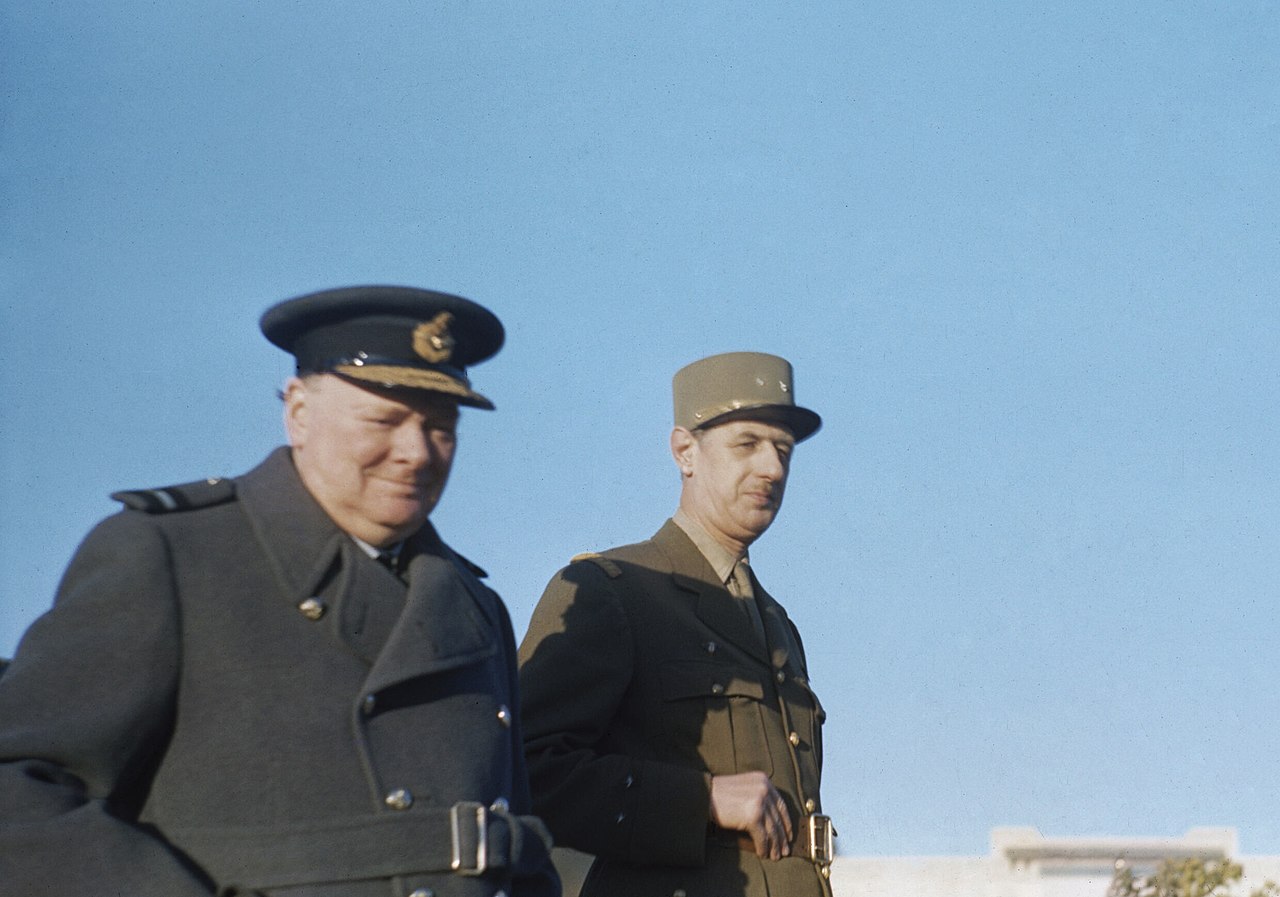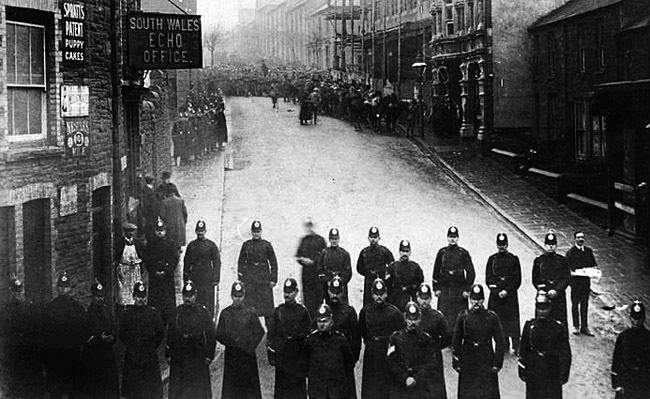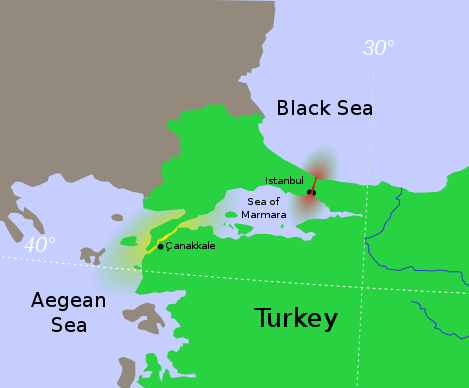



EU Enough! In debates about the EU (European Union), and Britain’s June 2016 referendum opting to leave, much misinformation was circulated on whether Churchill would be for “Brexit” or “Remain.” The fact is, we don’t know, since no one can ask him.
Prominently quoted in this context is a remark Churchill made to de Gaulle—at least according to de Gaulle—in Unity, his 1942-44 war memoirs: “…each time we must choose between Europe and the open sea, we shall always choose the open sea.”
Nothing to do with the EUWarren Kimball’s Churchill and Roosevelt: The Complete Correspondence (III, 169), nicely clears up this quotation.…
I find the glorification of Churchill quite disgusting. It is typical British-American arrogance to ignore the outcome of WW2 for the peoples of Eastern Europe, not to speak of the Germans. Churchill knew from the beginning about the terrible fate of the Russians and many other East European peoples under Bolshevist dictatorship. He obviously didn’t care. He was obsessed with anti-German hatred. Knowing that he bombed German cities, killing thousands of civilians long before the Germans were retaliating, makes him in my opinion even worse than Hitler. Why did he go into alliance with Stalin against the Germans?…
Remembering Grace: 1908-2002
Beloved by all Churchills, Grace Hamblin died at her home in Westerham, Kent, aged 94. Aware she was ailing, I had just sent her some little thing in the post; Carole Kenwright at Chartwell said it arrived in time, and she was able to read from it for a few minutes.
Grace Hamblin was the longest serving and most loyally devoted of Churchill’s inner circle, arriving at Chartwell in 1932 as an assistant to then-principal private secretary Violet Pearman. She spent virtually her entire career as private secretary, first to Winston and from 1939 to Clementine. In 1966 she became the first Administrator of Chartwell, serving through 1973. In…
This quotation is now going around the web, broadly attributed to Churchill. Is it accurate? “Socialism is a philosophy of failure, the creed of ignorance, and the gospel of envy, its inherent virtue is the equal sharing of misery.” —M.S. via email.
It is more or less correct, but it’s a truncated version of two separate comments, run together to make them more interesting (in the eye of the drafter).
“Socialism is the philosophy of failure, the creed of ignorance, and the gospel of envy.” —Perth, Scotland, 28 May 1948, in Churchill, Europe Unite: Speeches 1947 & 1948 (London: Cassell, 1950), 347.…

Llanelli and the Railway Strike: concluded from Part 1…
Throughout the August 1911 railway strike, troops stood by. Their orders were to interfere only against threats to public security. But there was another reason why anxiety ran high at that time. A few weeks earlier, the Germans had sent a gunboat to Agadir, French Morocco. Rumors of war with Germany were rampant. David Lloyd George said the Agadir Crisis was a threat to peace. The Germans, he warned, “would not hesitate to use the [strike] paralysis,,,to attack Britain.” Paul Addison, in Churchill on the Home Front, described the public mood.…

This is a time when we often question the actions of police forces. In America, governors occasionally call in the National Guard during riotous protests. Local residents are always the main victims of such events. Churchill’s experience with strikers is worthy of study, his magnanimity worthy of reflection.
Did WSC Send Troops Against Strikers?For a century it has been part of socialist demonology that Churchill sent troops to attack strikers during a 1910 miners’ work stoppage in Tonypandy, Wales. In 1967 an Oxford undergraduate wrote that Churchill faced down strikers with tanks. This was very prescient of him, since tanks didn’t exist in 1910.…
I reviewed the 1940-45 visitors books at Chequers. I was struck by how often Lord Cherwell (Frederick Lindemann) was there—far more than family and staff. He visited more than Bracken and Beaverbrook, or the Chiefs of Staff. What do you make of him? What’s best to read on him? —A.R., London
Most frequent visitorAfter the death of the F.E. Smith, the first Lord Birkenhead, Frederick Lindemann, Lord Cherwell (1886-1957) was probably Churchill’s closest friend. His signature is also the most frequent in the visitors book at Chartwell, where it appears 86 times, more than anyone else (Brendan Bracken only 31, although visitors usually signed only when staying overnight, and Bracken frequently returned to London).…
